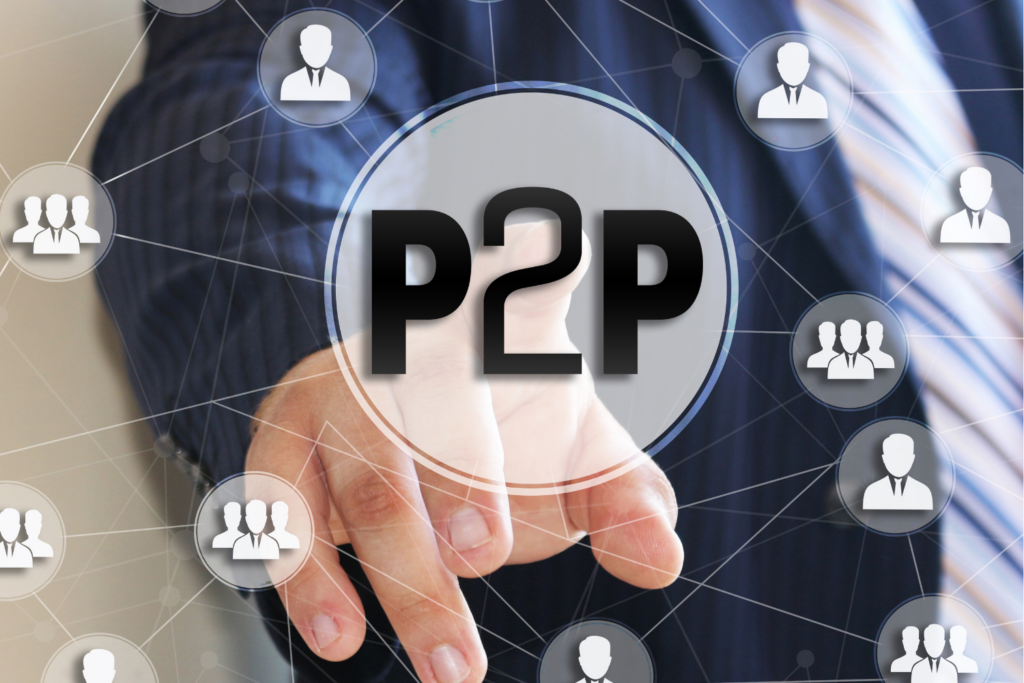
One of the many goals of a new startup in its early stages is securing enough funding for startups. No matter how revolutionary your concept is, if you lack adequate funding, you will find your company dead in the water.
Statistics tell us that 45% of startups don’t make it more than their first five years. Only 10% – 20% or so manage to survive in the long run.
To beat the immediate odds stacked against you, seed funding is critical. You need to know how and where to find the capital to scale up and establish yourself. There are a few alternative sources that can be worth checking out to find adequate funding.
Here are our top three picks:
1. Government Grants
While most of your funding will come from angel investors and venture capital firms, government grants can be surprisingly helpful. What are government grants? Good question.
Government grants are typically non-repayable funds provided to startups to help finance specific projects, research, and development. These grants are also released to stimulate innovation in certain sectors.
The criteria to receive a government grant may include factors like your startup’s stage of development, the sector it operates in, the potential for growth, the impact on the local economy, and its alignment with government priorities.
As with anything related to the government, you will need to submit a detailed proposal or business plan. This would outline your project, goals, and expected outcomes.
Some of the most popular types of grants you can apply for include:
- Innovation grants
- Startup assistance grants
- Industry-specific grants
- Research and development grants
- Commercialization grants
The best perk to receiving a government grant is that it gives your fledgling company a much-needed mark of validation. If this is your first attempt at starting a company, you are essentially nobody.
However, if the government has looked at your work and deemed it worthy of backing, it is one of the most valuable wins you can achieve. Even if the funding isn’t as much as you need, the implication of trustworthiness is well worth it.
Receiving a government grant tells investors that your startup isn’t yet another attempt that will crumble within the first few years.
2. Unsecured Business Loans
Sometimes, nothing beats the practicality of a simple loan. However, they can be tough to find, and even if you manage to receive one, borrowing money carries many risks.
This is where unsecured business loans come in.
Unsecured business loans, unlike other types, do not require collateral or assets as security. That’s right, this type of funding is also known as a no-collateral business loan. This means you don’t have to risk your equipment, real estate, or other critical aspects.
We can’t stress how much peace of mind this brings. It is scary enough to start a company on its own. Having to risk your assets on top of that? Yeah, you are simply asking for a migraine.
According to Unsecured Funding Source, there aren’t really any restrictions on how you use the money. You can use it for marketing campaigns, hiring talent, purchasing equipment, or more.
The only catch is that you need to reach a certain degree of financial stability before you become “creditworthy” for this type of loan.
This can be a bit of a downer, but a lot of startups plan in advance for them because of the flexibility that this type of loan offers.
3. Crowdfunding
Crowdfunding is one of the more interesting options out there for startups. For one, it allows you to get a realistic idea of how the market views your product.
Several reasons contribute to the success of crowdfunding. The public may see value in your product or service even if investors do not. Investors aren’t as omniscient as they would like to portray themselves. More often than not, if you are new, they will simply take an ‘educated decision’ and deny your request.
A successful crowdfunding campaign demonstrates that there exists a genuine interest in your product from the public. This validation can be highlighted to potential investors who may take a closer look and rethink if they want to support you.
There are several examples of insane funding achieved via crowdfunding, particularly in the gaming industry.
For instance, the video game Starcitizen managed to raise over half a billion dollars from crowdfunding. Yes, that’s a billion with a b.
Conclusion
While the path to securing funding may not always be easy, it is a testament to your passion, resilience, and unwavering belief in your startup’s potential. Remember, the fund-finding journey requires a blend of optimism and realism.
It demands persistence, thorough research, and a strategy to identify funding sources that align with your goals and values.
Each “no” or setback should be seen as an opportunity to refine your pitch, strengthen your business plan, and learn valuable lessons that bring you closer to a “yes.”
Try to explore untapped avenues, leverage your network, and seek out advisors who can guide you along the way. Securing funding is not just about the money; it’s about finding partners who share your vision and can contribute more than just capital.
In many cases, experience, connections, and industry expertise can be equally or more valuable than money.
Featured Image Credit: Deposit Photos





